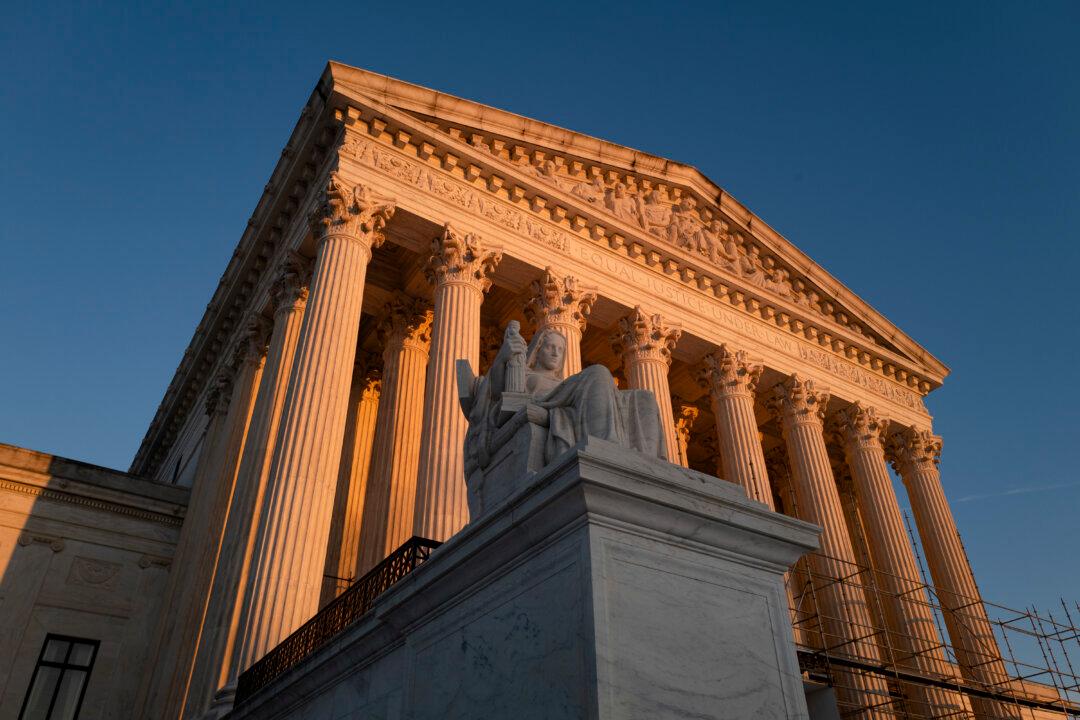The Supreme Court on May 15 grappled with how far federal judges could go in issuing sweeping blocks on policies such as President Donald Trump’s order restricting birthright citizenship.
Their comments came during oral argument over the administration’s request that the high court remove three nationwide injunctions on Trump’s order.





